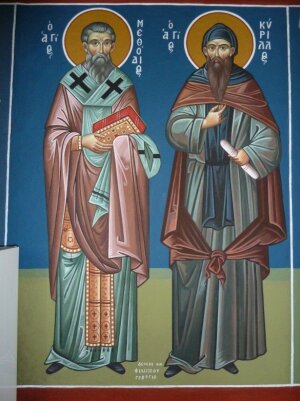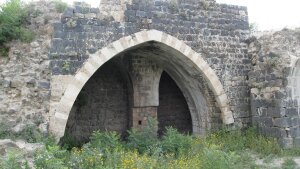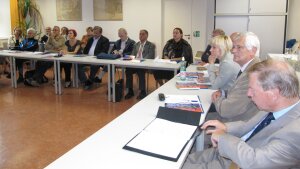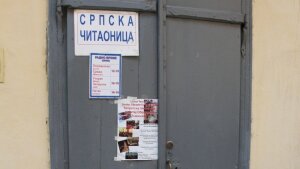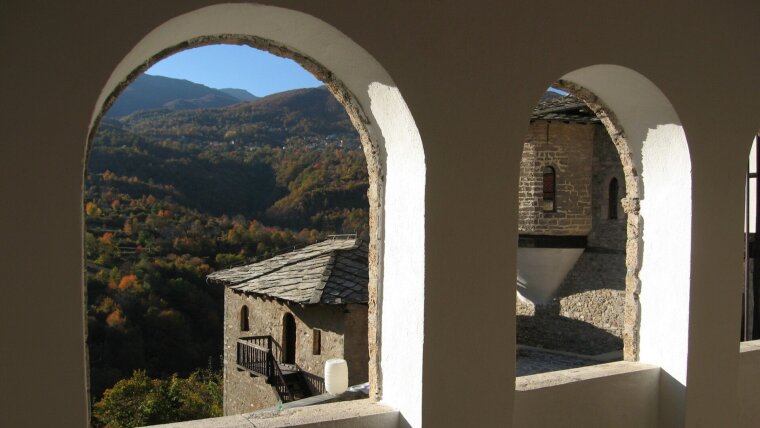
The Commission deals with issues of Balkan linguistics from the perspective of contact and areal linguistics, while still considering the various sub-disciplines regarding the Balkan area.
Galičnik in the Mavrovo national park (North Makedonia).
Information
Be prepared for our Panel on the 15. Slavistiktag in Jena in September 2026!
